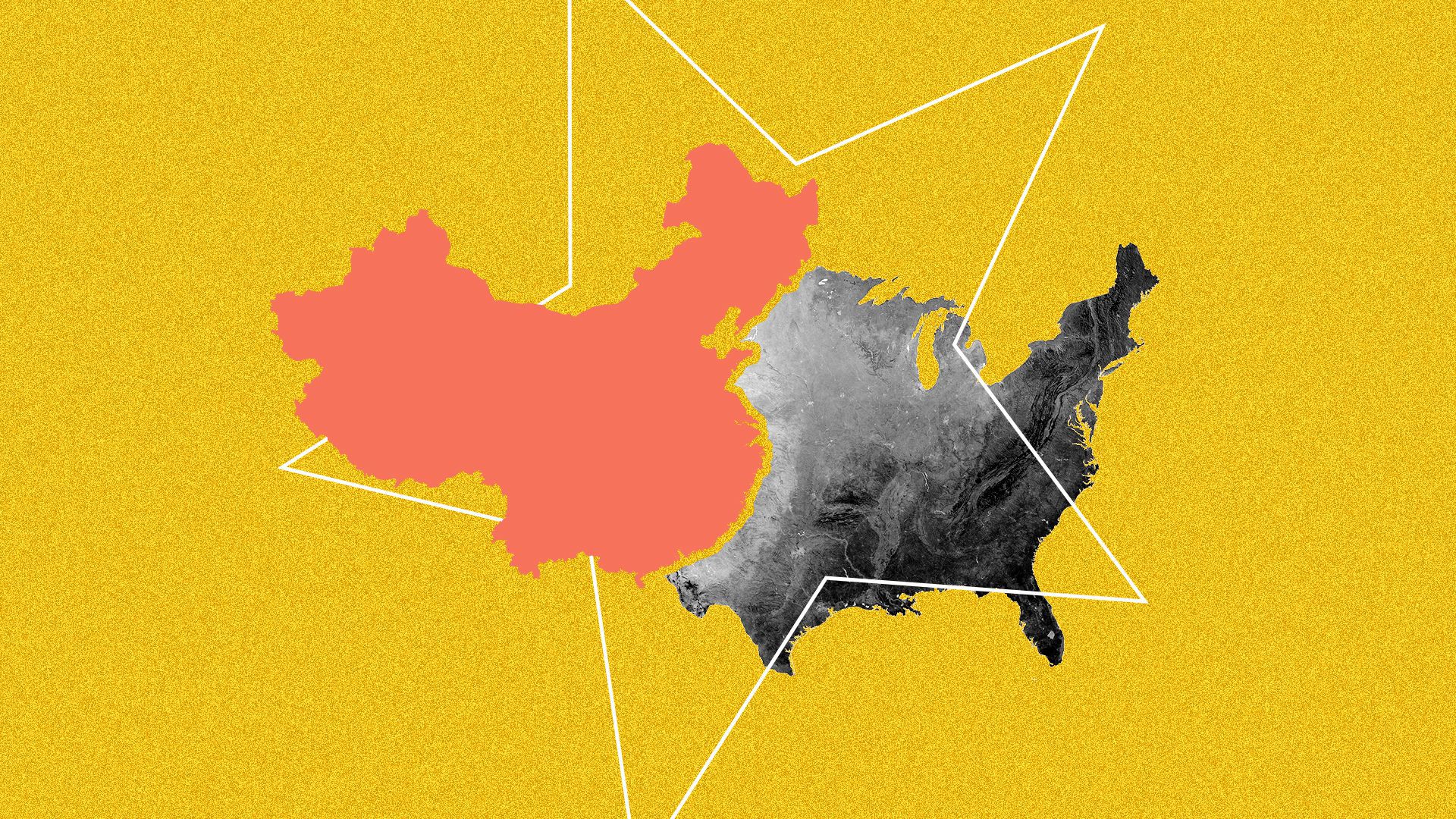TOM PLATE WRITES — The future is not always all that tough to predict: “Should both Pacific powers remain frozen in stereotype, high-level diplomacy may yield next to nothing, or worse”. That was my fearless view last month. It remains the view today in the aftermath of the Alaska summit where otherwise seasoned American and Chinese diplomats produced ditsy diplomacy for all the world to see.
The setting for the rhetorical snowball fight was a hotel conference room in Anchorage, where March temperatures even by noon are barely above freezing – just about right for the new cold war.
Struggling with the Covid-19 pandemic and the continuing climate crisis, the world would cheer any degree of relief from bad news. But a roaring quarrel between the two biggest elephants in any jungle is bound to set the nerves of the other animals on edge.
At a time when China’s economy is setting modern records, Beijing’s diplomacy vis-à-vis the US too often sounds like a broken record. There’s plenty of fault on both sides, but let’s start with the psyche of contemporary Chinese diplomacy. Rooted in a mausoleum of past resentment and score-setting, it has scant room to breathe.
At the very moment when many countries are convinced China should have all sorts of new things to say, it throws up Xi Jinping Thought as if that’s all the thinking required.
Historically, China may offer a most comfortable cultural couch for a sitting emperor, but today’s reality is a dynamic, mostly improving Chinese society, more or less plugged into the outside world, creating pressures on the old to accept new ways. The Communist Party needs to be smarter than ever.
As for American diplomacy, it seems utterly flummoxed by Beijing. Even at its very best, today’s American thinking on China ranges from simplification and confusion to near-resignation: what is to be done with this annoying impossible thing called China?
Ryan Hass of the Brookings Institution, in his smart book Stronger: Adapting America’s China Strategy in an Age of Competitive Interdependence, is of the view that efforts to weaken China are harming the US itself. Getting a handle on China, even if you despise its communist government, requires understanding that it has become a political phenomenon that must be respected for its extraordinary return to centre stage. Mere scorn, as offered by the US delegation in Anchorage, diminishes only the scorners.
But when the object of your desire is always moving – sometimes obviously, sometimes less so – getting a fix on it is near-impossible, especially if, in your gravely mistaken mind, you see it as not moving at all.
The net risk is that you wind up aiming at old China ghosts rather than new realities. The world’s most populous nation is evolving into what might over time be viewed as a differently defined sort of democracy, uniquely and thoroughly monitored with every single tech device there is.
But there has been big change. “The Mao days are over,” notes University of Sydney political science professor John Keane, in “Enter the Dragon: Decoding the New Chinese Empire”, his essay in the current Australian Foreign Affairs journal. “There’s a larger point here, for in reality China contradicts the key terms found in political science textbooks. The Chinese polity is something new.”
An efficient, results-oriented political system that increases opportunities for almost everything and everybody, except for blunt, direct or organised criticism of the government, may well begin to appeal to those tired of multiparty systems that lamely point out that even the many hopeless, starving or homeless are permitted to criticise and vote.
Only those who vainly imagine there is little that can be improved (or those who gain much from the status quo) will stay happy. Minds will remain closed by harbouring the counter-factual belief that nothing a Chinese Marxist-socialist system can produce could be for the general good. On the contrary, as Professor Keane asks, “Wouldn’t China become the global torch-bearer for one-party government grounded in the willing loyalty of its people – a strange new post-democratic regime with a democratic feel?”
But in the United States today, anti-Chinese emotion grows almost as fast as China’s economy. Is this part of a larger prejudice against Asians as a whole? Consider the latest incident in Atlanta, where a crazed gunman left a trail of corpses that included six Asian women.
The atrocity stoked fears across the Asian-American community. If you were an Asian-American (even a Chinese-American who was anti-Beijing), you might view the testiness of the US case against China from quite a different perspective from, say, that of Antony Blinken, US secretary of state, its Alaskan projector. Undoubtedly this cosmopolitan career official sees the events at Anchorage as no more than a gigantic policy collision.
But in US history, psychology and contemporary politics, racism – against Asians and others – has a recurring role. The Biden administration should keep this in mind; its representatives should stay humble. Both nuclear powers must begin to understand that they are increasingly perceived as playing with the lives of billions beyond their borders – and beyond the boundaries of their legitimate national interests, even as capacious as they legitimately are.
Loyola Marymount University Clinical Professor Tom Plate is the author of “In the Middle of China’s Future” and “Yo-Yo Diplomacy,” as well as the founder of LMU’s Asia Media International.

